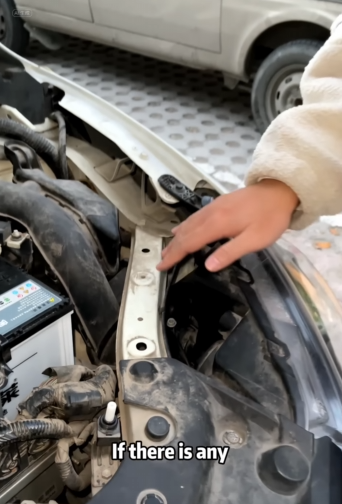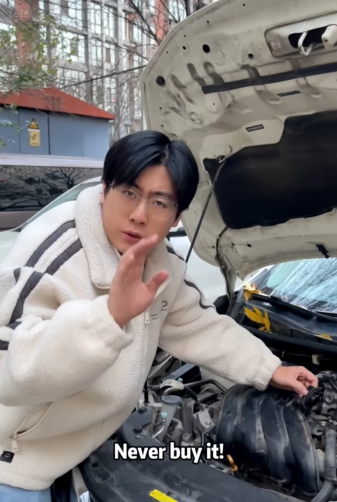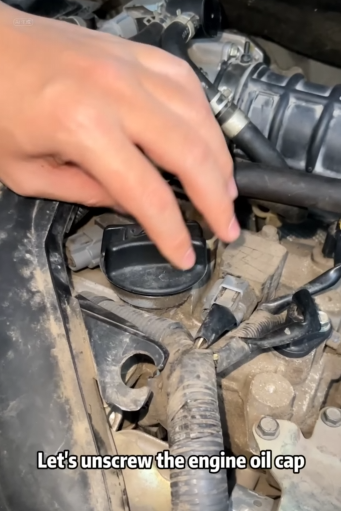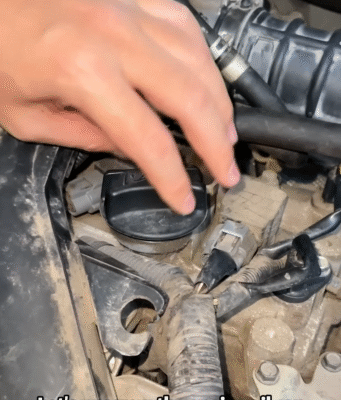
It’s a common belief that almost any used car is available for the right price. From beat-up budget rides to luxury models with a few miles, the used car market is vast. But despite this abundance, there’s a curious question that makes people pause: What kind of used car cannot be bought? Is it a riddle, a trick, or a warning?
Let’s explore the possibilities. Along the way, we’ll uncover some surprising truths about cars you might think you can buy—but really shouldn’t, or legally can’t.
1. Cars That Don’t Exist Anymore
The first type of used car you can’t buy is one that no longer exists in physical form. Imagine a car that was wrecked, crushed, or destroyed in a fire. The paperwork might still exist, and photos may be floating around online—but the car itself is gone forever.
Sometimes, salvage yards recycle every usable part, and the remaining shell is shredded. These cars are “used,” but they’re not buyable because they simply don’t exist anymore. You might find listings for them in old archives, but clicking “buy” won’t bring them back.

2. Stolen Vehicles
A stolen car may appear on the surface to be for sale. It might be parked with a “for sale” sign or listed online by someone trying to make a quick buck. But legally—and morally—you cannot buy a stolen vehicle. If you do, even unknowingly, the law considers it stolen property, and you could face legal consequences.
That’s why it’s critical to check a car’s Vehicle Identification Number (VIN) with a service like Carfax or through your local Department of Motor Vehicles (DMV). A clean title ensures the car isn’t hot—and is actually yours when you buy it.
3. Cars with No Title
The car may run perfectly and look great, but if the seller doesn’t have a proper title, you’re in trouble. A title proves ownership, and without it, the car cannot legally change hands. Some sellers may say, “It’s fine—you can apply for a lost title,” but that’s risky.
In many states, cars without titles are almost impossible to register or insure. Even if you hand over cash, you may never be able to prove it’s yours or get it on the road legally. In short, no title means no deal. It’s a used car you can’t (or shouldn’t) buy.

4. Cars with Outstanding Loans
When someone buys a car with a loan, the bank holds a lien on the vehicle until it’s paid off. If a seller tries to offload that car before paying the loan in full, it gets complicated. In some cases, the lender will not release the title to the buyer until the debt is paid.
If you buy a car with a lien, the original owner could default, and the bank could come after you—even repossess the car. Technically, the seller doesn’t fully own the vehicle, which means they can’t legally sell it without the lender’s permission. These are cars you should avoid unless you’re working directly with the lender to clear the title during the sale.
5. Lemons Labeled “Non-Repairable”
In many places, vehicles that have been deemed “total losses” after accidents can be sold with salvage titles. These cars might be fixable—and cheap—but they carry risks.
More severe is the “non-repairable” label. That means the car has been damaged to the point that it’s illegal to repair and put back on the road. These are often flood cars, frame-twisted vehicles, or cars that have been burned beyond recognition.
In these cases, you might technically “buy” the car, but you can’t register or drive it. It’s only useful for parts or scrap. In practical terms, it’s a used car you cannot buy for the road.

6. Concept Cars and Prototypes
Carmakers often create concept cars to show off futuristic designs at auto shows. These one-of-a-kind vehicles are rarely sold. Why? Because they weren’t made to meet safety standards, emissions regulations, or even normal usability.
Some concept cars lack airbags, crash-test certifications, or basic electronics. They might not even be able to start. Manufacturers often destroy them after showcasing, or keep them locked away in private collections. Even if you wanted to buy one, you probably couldn’t.
They’re the unicorns of the car world—fascinating to look at but off-limits for everyday drivers.
7. Government or Military Vehicles With Restrictions
Certain government vehicles, especially those used by the military, intelligence agencies, or foreign consulates, cannot be sold to the public. They might contain sensitive technology, reinforced armor, or customizations that make them unsuitable (or illegal) for civilian use.
Occasionally, decommissioned vehicles are auctioned off—but only after they’ve been stripped of restricted materials. Even then, they’re sold through official government channels, not Craigslist.

8. “Used” Cars That Were Never Actually Used
Here’s a fun twist: some cars are labeled as “used” for technical reasons but have never been owned or driven. For example, a dealership might list a car as used because it was a demo vehicle or sat on the lot too long.
In these cases, you can buy the car—it just carries the “used” label for accounting purposes. This can actually work in your favor, since the price may be lower than new despite near-zero mileage. But this shows how the definition of “used” can be flexible—and sometimes confusing.
9. Cars from Overseas Without Import Approval
Ever dreamt of owning a European sports car that’s not sold in the U.S.? That dream can come crashing down due to import laws. The U.S. enforces the “25-Year Rule,” which means cars not originally manufactured for American roads must be 25 years old or more to be imported legally.
If someone offers you a 10-year-old Japanese sports car with right-hand drive and no import papers, beware. It’s not just risky—it’s probably illegal. Customs can seize the car, even if you’ve paid for it. So again, it’s a used car you cannot truly buy—not without serious consequences.
10. The Riddle: The Kind You Shouldn’t Buy
Finally, let’s not ignore the playful side of the question. Sometimes, “What kind of used car cannot be bought?” is actually a riddle. The answer?
A car that’s too good to be true.
That means fake listings, scams, and shady sellers. If someone is offering a late-model BMW for $2,000 “because they’re moving abroad tomorrow,” it’s a trap. Scammers post fake ads to steal deposits or trick buyers into wiring money. These “cars” don’t exist, or they’re not really for sale.
You can’t buy a car that isn’t real—so always trust your instincts and verify everything before purchasing.

Final Thoughts
The used car world is full of surprises. While most used cars are perfectly buyable, there are a few categories—stolen, fake, illegal, or unusable—that fall into the “cannot be bought” bucket. Whether due to legal restrictions, physical destruction, or outright fraud, some cars just aren’t meant to be yours.
So the next time someone asks, “What kind of used car cannot be bought?”, you’ll know it’s more than just a clever question—it’s a lesson in caution, curiosity, and car-buying wisdom.



